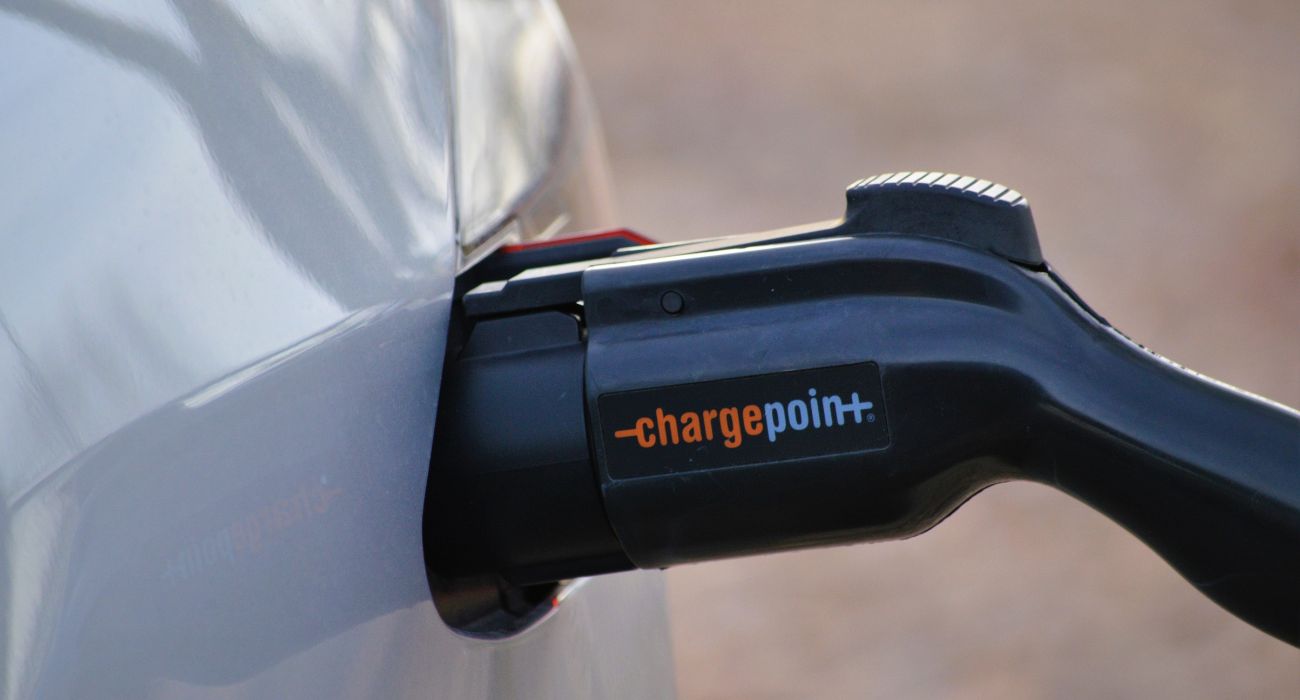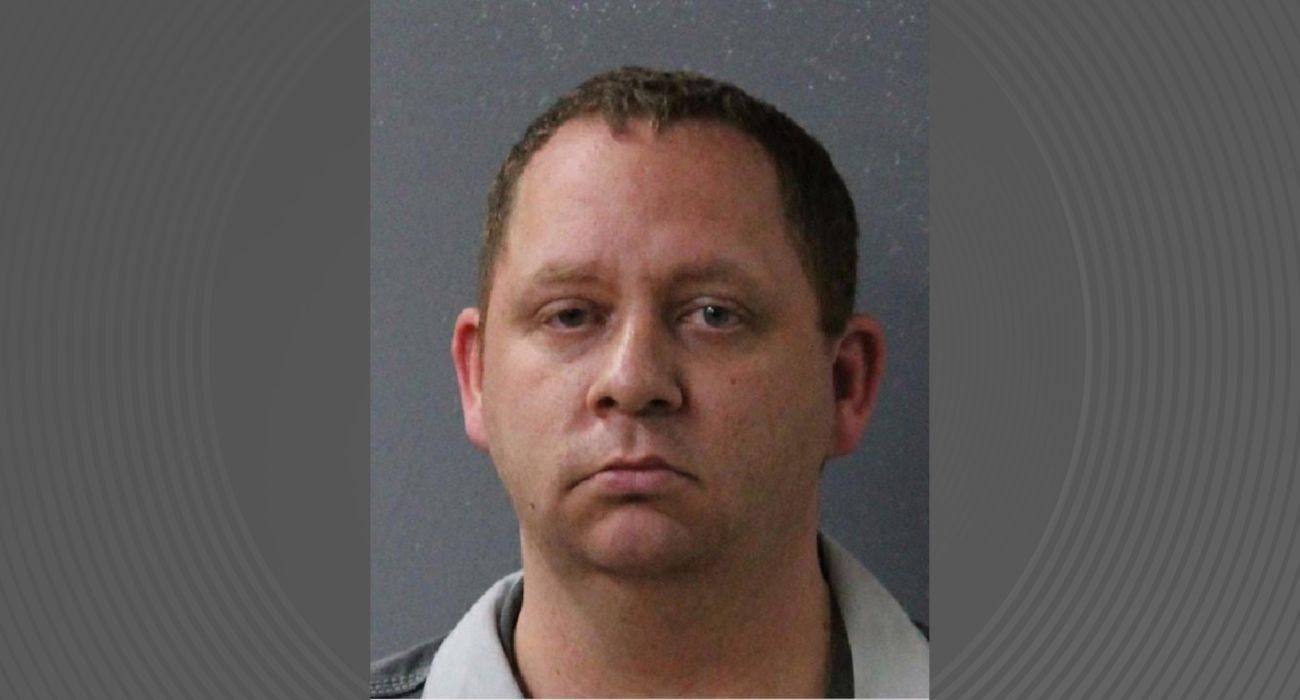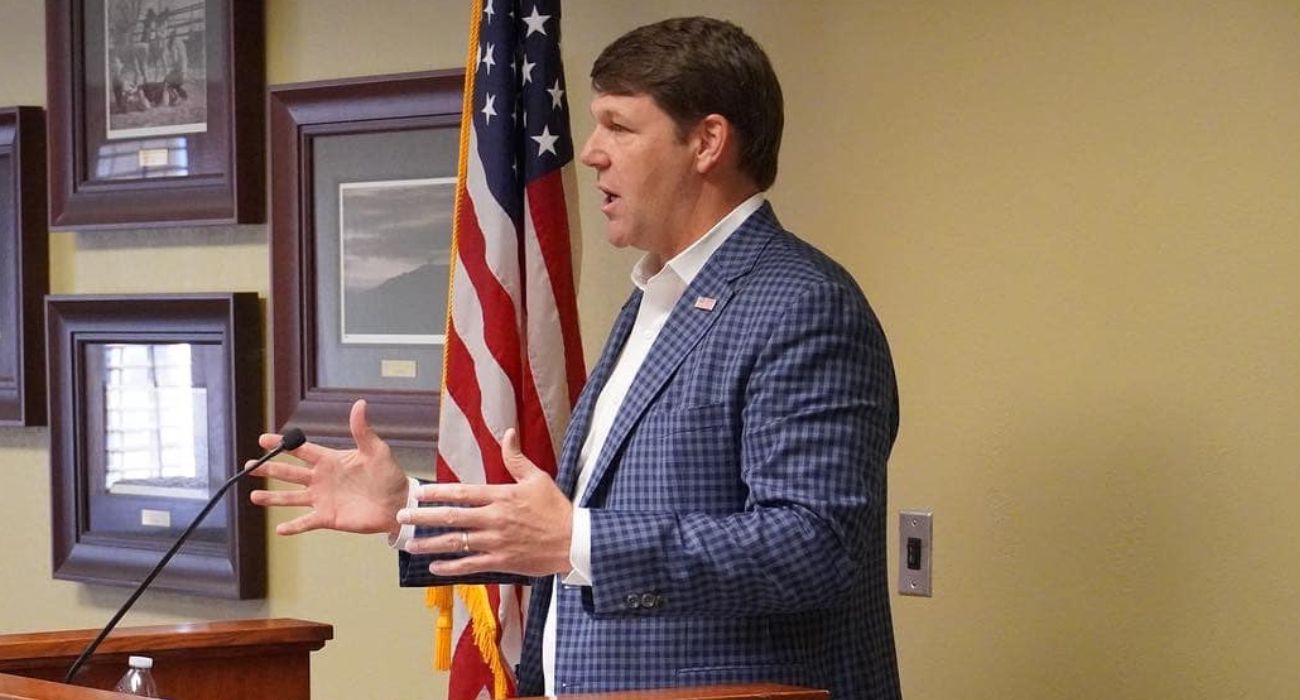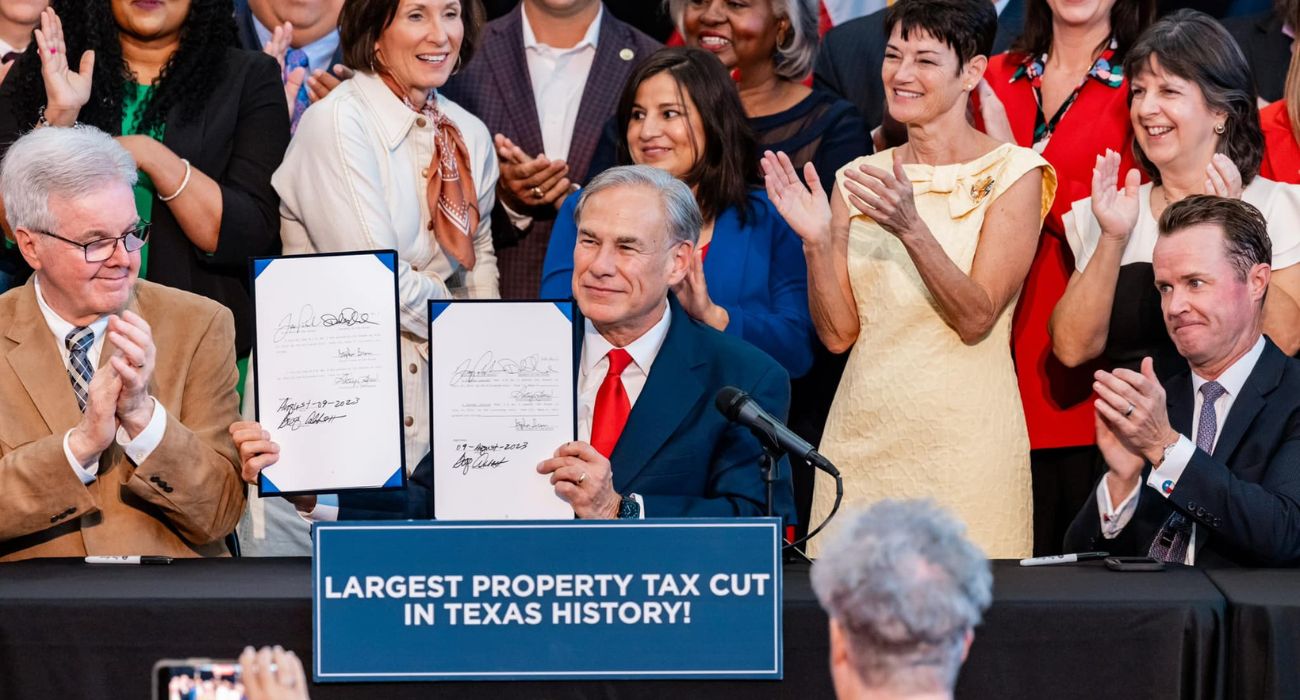Tesla got a boost in Texas recently after the state altered its policy plans for EV charging stations.
The Texas Department of Transportation (TxDOT) has mandated new requirements for EV charging companies participating in the state’s Electric Vehicle Infrastructure Plan, a comprehensive framework intended to spur economic development and enable EV travel across the state.
Under the new rules, EV charging companies will now require direct current fast chargers to include a Combined Charging System (CCS) and a North American Charging Standard (NACS) — formerly known as the Tesla charging connector — if they wish to participate in Texas’ EV Charging Plan using $7.5 billion in federal taxpayer money from President Biden’s Bipartisan Infrastructure Law.
The infrastructure law also allocates $10 billion in taxpayer money for clean transportation and over $7 billion in EV battery components, critical minerals, and materials.
In effect, Texas’ EV Infrastructure Plan outlines how the state will grow its emerging charging network with both CCS and NACS connectors and expand accessibility along more than 3,500 miles of designated EV corridors within Texas.
Texas’s decision to mandate Tesla’s NACS will likely put pressure on other states to adopt Tesla’s charging technology, suggested Lew Cox, MD7’s director of business development.
“It’ll effectively make an NACS the new charging standard,” said Cox, per Reuters.
The widespread adoption of Tesla’s charging technology is already in motion, with legacy automotive manufacturers Ford and General Motors agreeing to add NACS into future vehicle production, according to the TxDOT.
Rivian Automotive Inc. also recently agreed to adopt Tesla’s charging standard in its EVs, Reuters reported.
The Federal Highway Administration (FHA) claimed that the rapid growth of the EV industry will continue to pay dividends as more companies and states adopt the technology.
“Our technical experts are having active conversations with automakers, charger manufacturers, and standards setting bodies to ensure federal investment continues to support a reliable, convenient, and user-friendly charging experience for all drivers,” said an FHA spokesperson, per Reuters.
Texas has more than 200,000 registered EV vehicles with access to about 2,000 charging stations. California, Iowa, and Michigan are also exploring ways to promote long-term EV growth.






